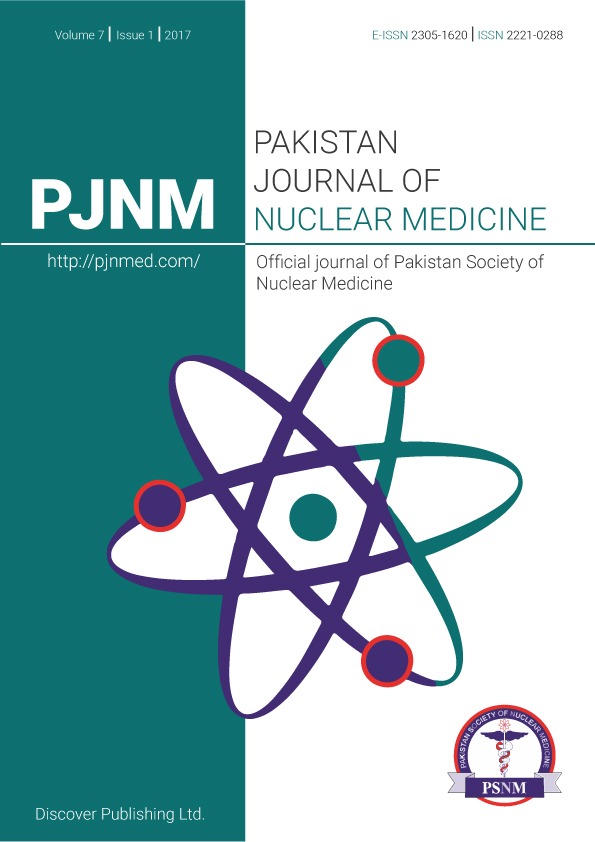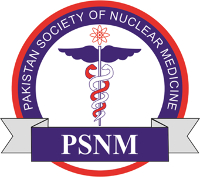
| Original Article | ||||||||||||||||||||||||||||||
Pak J Nucl Med. 2012; 2(1): 13-20 Professional satisfaction survey among young nuclear medicine physicians of Pakistan: the challenges ahead Durr-e-Sabih, Muhammad Kashif Rahim.
| ||||||||||||||||||||||||||||||
| How to Cite this Article |
| Pubmed Style Durr-e-Sabih, Muhammad Kashif Rahim. Professional satisfaction survey among young nuclear medicine physicians of Pakistan: the challenges ahead. Pak J Nucl Med. 2012; 2(1): 13-20. Web Style Durr-e-Sabih, Muhammad Kashif Rahim. Professional satisfaction survey among young nuclear medicine physicians of Pakistan: the challenges ahead. https://www.pjnmed.com/?mno=284645 [Access: February 27, 2024]. AMA (American Medical Association) Style Durr-e-Sabih, Muhammad Kashif Rahim. Professional satisfaction survey among young nuclear medicine physicians of Pakistan: the challenges ahead. Pak J Nucl Med. 2012; 2(1): 13-20. Vancouver/ICMJE Style Durr-e-Sabih, Muhammad Kashif Rahim. Professional satisfaction survey among young nuclear medicine physicians of Pakistan: the challenges ahead. Pak J Nucl Med. (2012), [cited February 27, 2024]; 2(1): 13-20. Harvard Style Durr-e-Sabih, Muhammad Kashif Rahim (2012) Professional satisfaction survey among young nuclear medicine physicians of Pakistan: the challenges ahead. Pak J Nucl Med, 2 (1), 13-20. Turabian Style Durr-e-Sabih, Muhammad Kashif Rahim. 2012. Professional satisfaction survey among young nuclear medicine physicians of Pakistan: the challenges ahead. Pakistan Journal of Nuclear Medicine, 2 (1), 13-20. Chicago Style Durr-e-Sabih, Muhammad Kashif Rahim. "Professional satisfaction survey among young nuclear medicine physicians of Pakistan: the challenges ahead." Pakistan Journal of Nuclear Medicine 2 (2012), 13-20. MLA (The Modern Language Association) Style Durr-e-Sabih, Muhammad Kashif Rahim. "Professional satisfaction survey among young nuclear medicine physicians of Pakistan: the challenges ahead." Pakistan Journal of Nuclear Medicine 2.1 (2012), 13-20. Print. APA (American Psychological Association) Style Durr-e-Sabih, Muhammad Kashif Rahim (2012) Professional satisfaction survey among young nuclear medicine physicians of Pakistan: the challenges ahead. Pakistan Journal of Nuclear Medicine, 2 (1), 13-20. |
Xianling Dong, M I Saripan, R Mahmud, S Mashohor, Aihui Wang
Pak J Nucl Med. 2017; 7(1): 9-15
» Abstract » doi: 10.24911/PJNMed.7.2
Sajjad Ahmed Memon, Naeem Ahmed Laghari, Fayaz Hussain Mangi
Pak J Nucl Med. 2017; 7(1): 20-27
» Abstract » doi: 10.24911/PJNMed.7.4
Iqbal Munir, Amrah Javaid, Khalid Nawaz, Mohammed Hathaf Al-Rowaily, Muaadh Abdualrehman Al-Asbahi
Pak J Nucl Med. 2017; 7(1): 28-33
» Abstract » doi: 10.24911/PJNMed.7.5
Sadaf Tufail Butt, Shazia Fatima, Noreen Marwat, Kahkashan Mir, Ayesha Ammar, Mohammad Faheem
Pak J Nucl Med. 2017; 7(1): 34-37
» Abstract » doi: 10.24911/PJNMed.7.6
Mohammed Hathaf Al-Rowaily, Daniele Dondi, MarcoChinol, Iqbal Munir, Muaadh Abdualrehman Alasbahi
Pak J Nucl Med. 2017; 7(1): 4-8
» Abstract » doi: 10.24911/PJNMed.7.1
Sajjad Ahmed Memon, Naeem Ahmed Laghari, Fayaz Hussain Mangi
Pak J Nucl Med. 2017; 7(1): 20-27
» Abstract » doi: 10.24911/PJNMed.7.4
Xianling Dong, M I Saripan, R Mahmud, S Mashohor, Aihui Wang
Pak J Nucl Med. 2017; 7(1): 9-15
» Abstract » doi: 10.24911/PJNMed.7.2
Xianling Dong, Mahmud Iqbal Saripan, Rozi Mahmud, Syamsiah Mashohor, Aihui Wang,
Pak J Nucl Med. 2018; 8(1): 18-26
» Abstract » doi: 10.24911/PJNMed.175-1540569779
Barbara Hertz, Pushan Bharadwaj, Bennett Greenspan
Pak J Nucl Med. 2020; 10(1): 60-63
» Abstract » doi: 10.24911/PJNMed.175-1582813482
Mohammed Hathaf Al-Rowaily, Daniele Dondi, MarcoChinol, Iqbal Munir, Muaadh Abdualrehman Alasbahi
Pak J Nucl Med. 2017; 7(1): 4-8
» Abstract » doi: 10.24911/PJNMed.7.1








